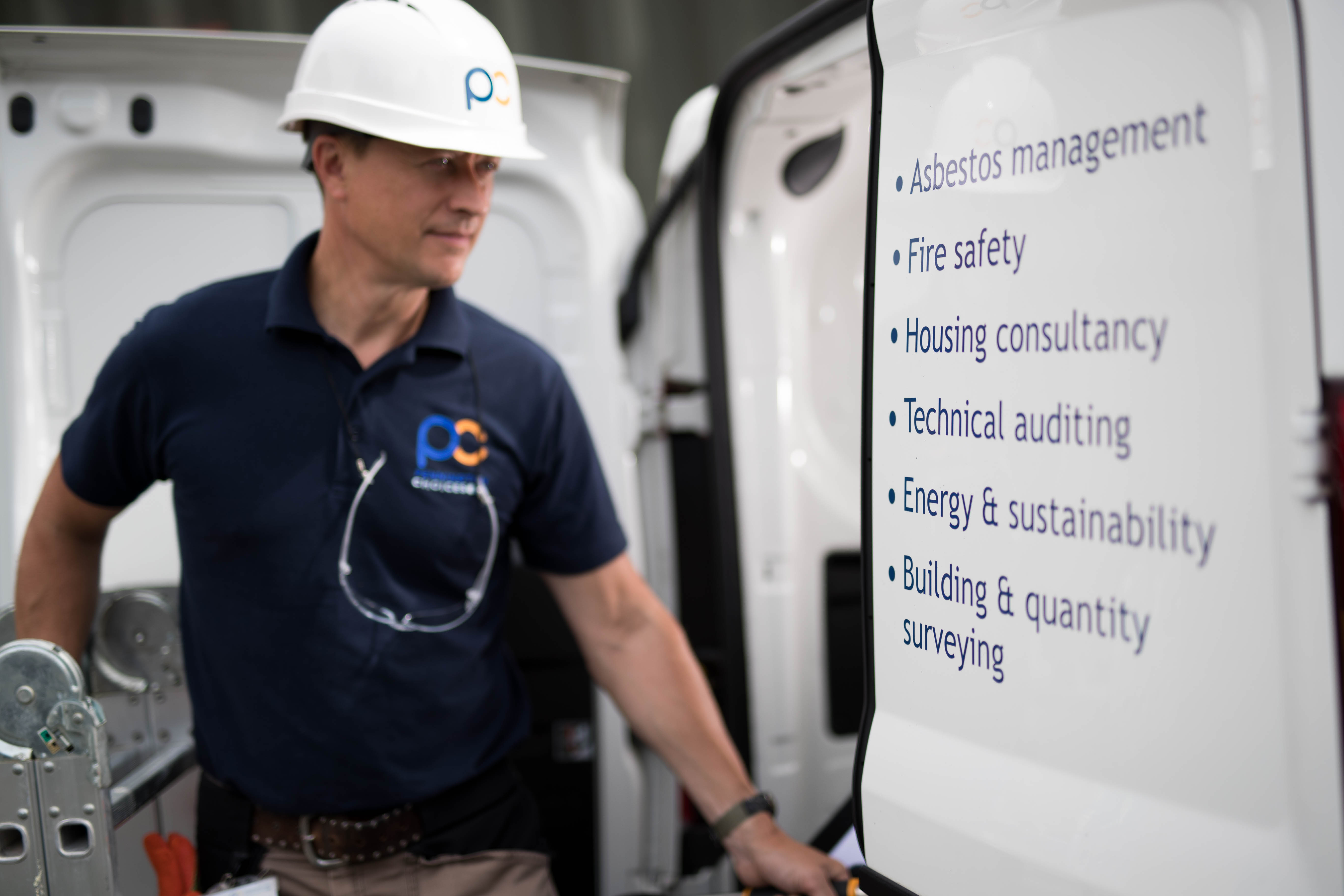Sign up to our newsletter
After complaints from Providers and Landlords over the lack of clarity across the sector of how best to manage electrical safety in social housing stock, the Electrical Safety Roundtable (ESR) has developed the Code of Practice for the Management of Electrotechnical Care in Social Housing. The new document aims to provide consistency across the sector as to how to manage electrical safety.
The launch of the new document took place on Wednesday 23rd January at the Houses of Parliament, which we were pleased to attend and support. It was of particular interest to us, not only because of its incredible importance for the sector, but also since Pennington Choices helped to review the document prior to its release.
Jenny Neville, our Professional Services Director expressed her support in its release, recognising the importance for the social sousing sector, saying that “There is no doubt that this publication was well needed in the social housing sector and Pennington Choices recognises the incredible amount of time and effort put in by the ESR in the production of this document. We would recommend that all Registered Providers adopt the recommendations outlined in the publication in order to ensure the safety of tenants”.
What's included in the publication?
The Code of Practice for the Management of Electrotechnical Care in Social Housing is a new document that outlines the following:
1. The time periods between electrical inspections in domestic properties.
The new code of practice recommends that a re-inspection period of 5 years is used in domestic tenanted properties. The document also states that the following criteria should be considered to determine if a re-inspection should take place earlier:
- Safety
- Maintenance
- Asset management activities
- Tenant profiling
- External influences
- Budget management
2. Who should carry out electrical inspection and their qualification requirements
The competency and training of those carrying out Electrical Inspections should be in line with sector best practice, where individuals should have the following qualifications:
- Level 3 Award in the Periodic Inspection, Testing and Certification of Electrical Installations (QCF) or equivalent
- Have their technical ability regularly assessed onsite by a UKAS Accredited Certification Body to verify their inspection and testing competence
- The enterprise they are employed by must have a minimum of £250,000 Professional Indemnity Insurance
3. The procedures that social housing providers should follow to arrange access to domestic properties
It is recommended to make three documented access attempts before adopting a legal process. The tenant must also be given the following prior to attempting access:
- Adequate notice prior to arrival
- Information explaining why it is essential to allow access – the ESR has produced a leaflet entitled ‘Education on the Dangers of Electrical Installations’ which can be used to inform tenants of the dangers of not allowing access.
- A clear understanding of what will happen if access is not provided on all 3 attempts
The legal process used to gain access to a property following the third no access attempt can be justified using the following legislation:
- Landlord and Tenant Act 1985
- Housing Act
- Regulatory Reform Fire Safety Order 2005 England and Wales
- Defective Premises Act 1972
- Electricity at Work Regulations 1989
- Housing (Scotland) Act 2006
- Housing (Scotland) Act 2001
- Health and Safety at Work Act 1974
- Arrangements outlined in tenancy agreements
- Notice of Seeking Possession (NOSP)
4. Data management requirements
The individual responsible for the management of electrical data must ensure that the frequency of inspections is well managed and that any issues highlighted following an inspection are dealt with appropriately. This can only be achieved through robust data management to ensure that all risks to tenants and staff are addressed.
5. Education on the dangers of electrical installations
Tenants should be provided with information related to the dangers of electrical installations through newsletters, dedicated webpages, resident forums or leaflets.
If you want to discuss the recommendations with one of our team or are concerned about how your organisation manages electrical safety and compliance across your stock, then email Jenny Neville to discuss how we can help you.
The Code of Practice for the Management of Electrotechnical Care in Social Housing can be found here.
.webp?width=600&height=150&name=Pennington%20Choices%20Logo%20(reduced).webp)




